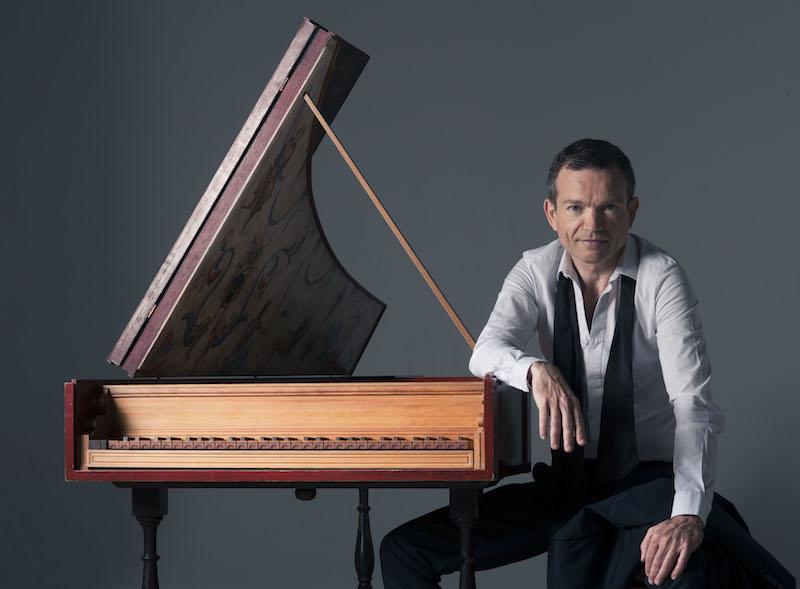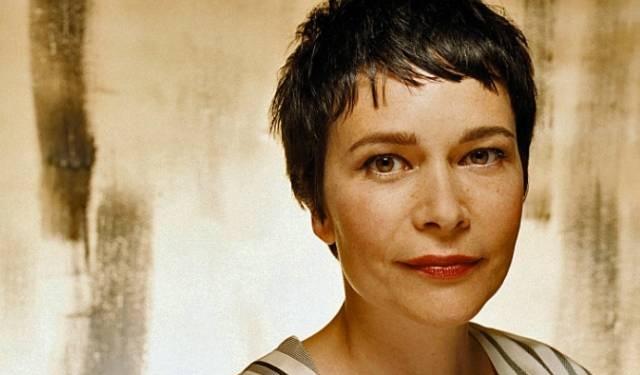La Follia was, as every programme note inevitably reminds us, a pop song of its day. A strutting Spanish dance, it featured in the work of over 150 composers, so catchy was its signature chord progression. Still a classic of Baroque concert programmes, it’s a great way to take the temperature of any given performance. At its best, it can have even a sedate audience stamping and swaying, thrilled by those grinding syncopations and that heartbeat pulse. Last night at the Wigmore Hall, Christophe Rousset and a trio of musicians from Les Talens Lyriques got a polite round of applause.
Perhaps it was the late change of soloist and programme that threw off the energy of this normally superb ensemble? Soprano Sandrine Piau stepped in for an indisposed Ann Hallenberg, necessitating a little reworking of a concert that was originally supposed to include cantatas by Alessandra Scarlatti and Nicola Fago, and ended up instead with those by Domenico Scarlatti and Monteclair. But that doesn’t explain the rather lacklustre instrumental numbers, nor the determinedly matronly tempi, nor a fundamental lack of showmanship from the instrumentalists. Only in the encores did we finally hear these musicians at their best.
 The mood for the evening was set by the choice of Corelli’s Trio Sonata in D minor Op.3 No.5 as the first instrumental piece – a contemplative, understated work in a collection that boasts so many more athletic or emotionally extravagant ones. Slow speeds and an undemonstrative style exposed all the work’s detail, highlighting the conflicting approaches of violinists Gilone Gaubert-Jacques and Jivka Kaltcheva – the one all neat gesture and smooth lines, the other much more percussive and folk-rough at the edges. Cellist Emmanuel Jacques found himself caught somewhere between, but all seemed confined rather than released by Rousset’s precise direction from the harpsichord. (Rousset pictured above.)
The mood for the evening was set by the choice of Corelli’s Trio Sonata in D minor Op.3 No.5 as the first instrumental piece – a contemplative, understated work in a collection that boasts so many more athletic or emotionally extravagant ones. Slow speeds and an undemonstrative style exposed all the work’s detail, highlighting the conflicting approaches of violinists Gilone Gaubert-Jacques and Jivka Kaltcheva – the one all neat gesture and smooth lines, the other much more percussive and folk-rough at the edges. Cellist Emmanuel Jacques found himself caught somewhere between, but all seemed confined rather than released by Rousset’s precise direction from the harpsichord. (Rousset pictured above.)
The cantatas fared better, with Piau finding more unbuttoned, more sensuous moments in a mixture of familiar and unfamiliar repertoire. Monteclair’s compact retelling of the Rape of Lucretia story – Morte di Lucrezia – is a dramatic oddity that demands the singer take the roles of both Tarquinius (whose earthy desires confine him to recitative) and Lucrezia, who expresses herself in the arias. The result is too concise to avoid feeling hectic, but with some exquisite moments such as the duet for two violins, who weave and intertwine just as the myrtles Lucrezia commands to cover her body.
Piau’s expressive delivery helped anchor the sudden mood swings of the Monteclair, while also plotting a subtle emotional arc through Scarlatti’s rather monochrome Tinte a note di sangue. But it was with Handel that everything really came into focus – first with cantata Notte placida e cheta, and then with encores “Piangerò” (Giulio Cesare) and “Tornami a Vagheggiar” (Alcina). Matching the muted strings for husky softness in “Zeffiretti, dehi venite”, Piau then bolstered her tone again for an achingly poignant “Piangerò” – dignified tragedy and pain distilled into a few minutes of pure, transcendent beauty.
Those few moments brought into focus everything that had blurred and stumbled till then – a reminder that a nice evening of pretty Baroque music just isn’t enough.













Add comment